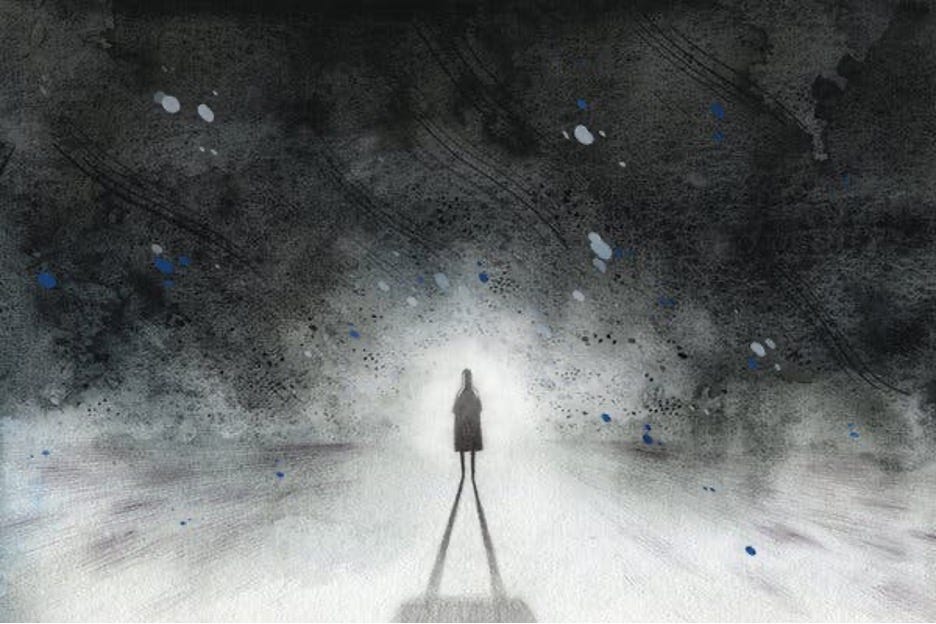The wrong side of history will always tell you to be afraid - the right side of history will always expect you to be brave."
JB Pritzker, Knox College Commencement Address, June 8, 2025
It is easy to be swept away by fear, to respond to fear with more fear (as well fear’s cousins - anger, hatred, and anxiety). This is particularly true right now, a time when we are confronted with messages of invasion, violence, and “others” who are trying to somehow hurt us. But it’s crucial to recognize that our response to these messages, the fear we are all feeling right now is a normal, hard-wired, very primal response. When we become afraid, we move automatically - without conscious thought - into “flight, fight, or freeze” mode.
Fear as a response to threat is hard-wired because our response to what frightens us is protective, much like our immune system protects us from bacteria, viruses and other causes of disease. But, like the immune system, if our initial fearful response is not met with balancing forces to “turn down” the heat, fear can destroy us.
Fortunately, we can learn to be brave…
1. Realize that your fear is not the “truth”. Recognize it for what it is… an emotional response to a threat (perceived or real). Because it’s an emotion, it can be regulated (not as good as eliminated, but still very helpful). Joan Halifax’s technique which uses the mnemonic “GRACE” is a great place to start.
2. Welcome it with a sense of gratitude. I know, this seems crazy. Everything in us wants to throw fear out the window, suppress it, rationalize it, compartmentalize it, transform it into anger… anything that makes it seem less threatening. But none of those techniques work. Like making you pull your hand away from a hot stove, your fear is there to protect you. This welcoming practice is a much better way to defuse the emotional impact of fear.
3. Don’t lose your moral compass. Fear of the other is weaponized and used in all societies, but it is rampant now. Don’t let that change your basic goodness, don’t let it force you into becoming someone you don’t want to become. Make sure you articulate and then follow your “true north”.
4. Choose courage. After all of this I have some bad news - You will still be afraid. As Franklin D. Roosevelt said, "Courage is not the absence of fear, but rather the assessment that something else is more important than fear."
And what are the things that are more important than fear in your life?
What makes up your “true north”?
It will vary a bit between us, but honesty, generosity, integrity, fairness, and compassion tend to be anchoring principles for a good life that are found in virtually all philosophies and faiths.
Choose honesty, generosity, integrity, fairness, and compassion… and then choose to act on them despite the fact that you are afraid.
I started this essay with a quote from JB Pritzker’s recent commencement address …. but there’s another recent quote (unattributed) that also blew me away. It seems a fitting book end to these thoughts…
If you can’t be brave, at least be kind.
If you are interested in reading more about learning to be brave:
Big Magic: Creative Living Beyond Fear by Elizabeth Gilbert
Fear: Essential Wisdom for Getting Through the Storm by Thich Nhat Hanh
Standing at the Edge: Finding Freedom Where Fear and Courage Meet by Joan Halifax





You have no idea how these words profoundly moved me today. Thank you for such eloquence and insight. You have been such a wonderful guiding star in my recent struggles. ❤️